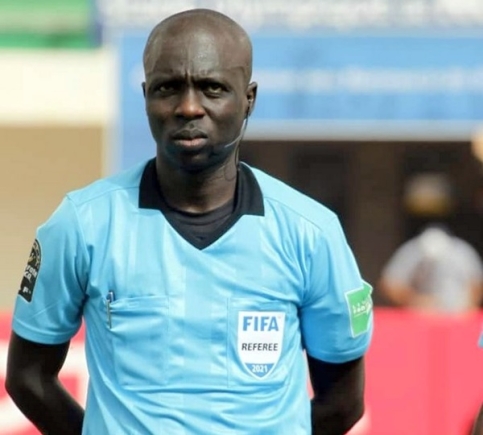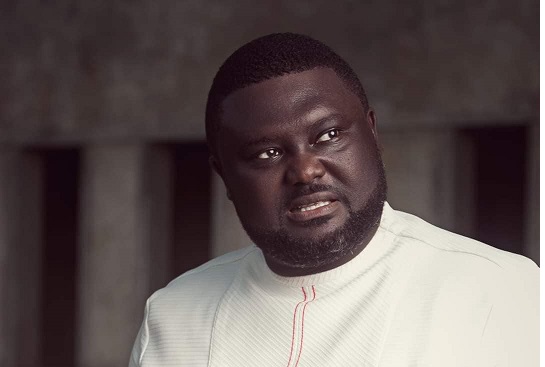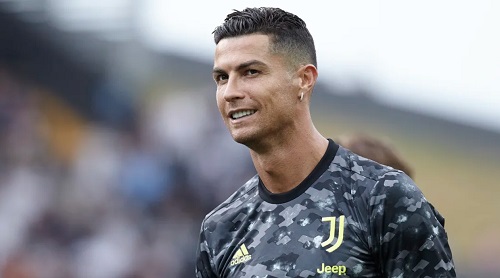The Ghana Armed Forces (GAF) have been advised to remove bottlenecks that hinder the full participation of women in the military.
The Commandant of the Kofi Annan International Peacekeeping Training Centre (KAIPTC), Major General Richard Addo Gyane, said despite the numerous strides made by the GAF at ensuring the effective participation of women in its operations, there were still barriers such as social roles and infrastructural deficit that needed to be addressed.
“The Ghana Armed Forces are placed on a high pedestal in global gender and peacekeeping compensation, flying high the flag of our beloved country.
“Despite that, there remain structural and traditional barriers that hinder the full participation of women in internal operations at home, as well as international peacekeeping operations.
Barriers such as gender roles, social inclusion and infrastructure deficits are likely to gradually erode the gains made,” he said.
Maj. Gen. Gyane was speaking at the Ghana Armed Forces commemoration of the International Women’s Day yesterday on the theme: “Enhancing GAF’s innovative gender equity strides for an inclusive force”.
International Women’s Day is marked on March 8 every year to celebrate the social, economic, cultural and political achievements of women.
The day also marks a call to action for accelerating women’s equality.
The GAF commemoration featured a panel discussion on different topics of interest to help personnel and stakeholder to appreciate the relevant issues of women inclusion into the armed forces.
Maj. Gen. Gyane said his outfit was collaborating with the GAF to provide research and technical support to the military to identify the various barriers to enhance the GAF’s capacity to address them.
The Chief of Staff, General Headquarters, Maj. Gen. Nicholas Peter Andoh, said since the enlistment of the first female into the military in 1958, the GAF had seen an increase in the promotion of women into senior strategic decision making positions.
He said presently, the GAF consisted of about 18 per cent women, a figure above the UN gender parity effort of 10 per cent.
These efforts, he said, had further been bolstered through the GAF’s collaboration with Canada through the Elsie Initiative for Women in Peace Operations and the KAIPTC’s Women Peace and Security Institute.
Through the Elsie Initiative Fund, he said the GAF was undertaking projects such as a media campaign to engage potential female recruits and cadets, construction of 300-bed capacity accommodation for female recruits at the Army Recruit Training centres at Shai Hills and Daboya Training Camp, among others, to enhance effective female roles.
The Canadian High Commissioner to Ghana, Martine Moreau, expressed her government’s commitment to support the GAF in its gender mainstreaming efforts and peacekeeping goals.
In line with that, she said the Canadian government, in partnership with the KAIPTC and the GAF, was presently undertaking a garrison tour across the country to raise awareness of gender equality at all levels and to help to prepare leadership and personnel for enhanced gender mainstreaming efforts, in order to advance women throughout the ranks of the armed forces.
“Our aim remains to enable all personnel, regardless of gender, to attain their full potential to the benefit of the GAF in becoming an even more effective national institution,” she added.
The Gender Policy Advisor to the Chief of Defence Staff, Naval Captain Veronica Adzo Arhin, urged all stakeholders to embrace equity for an inclusive force.
SOURCE: Graphiconline






